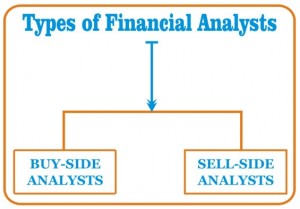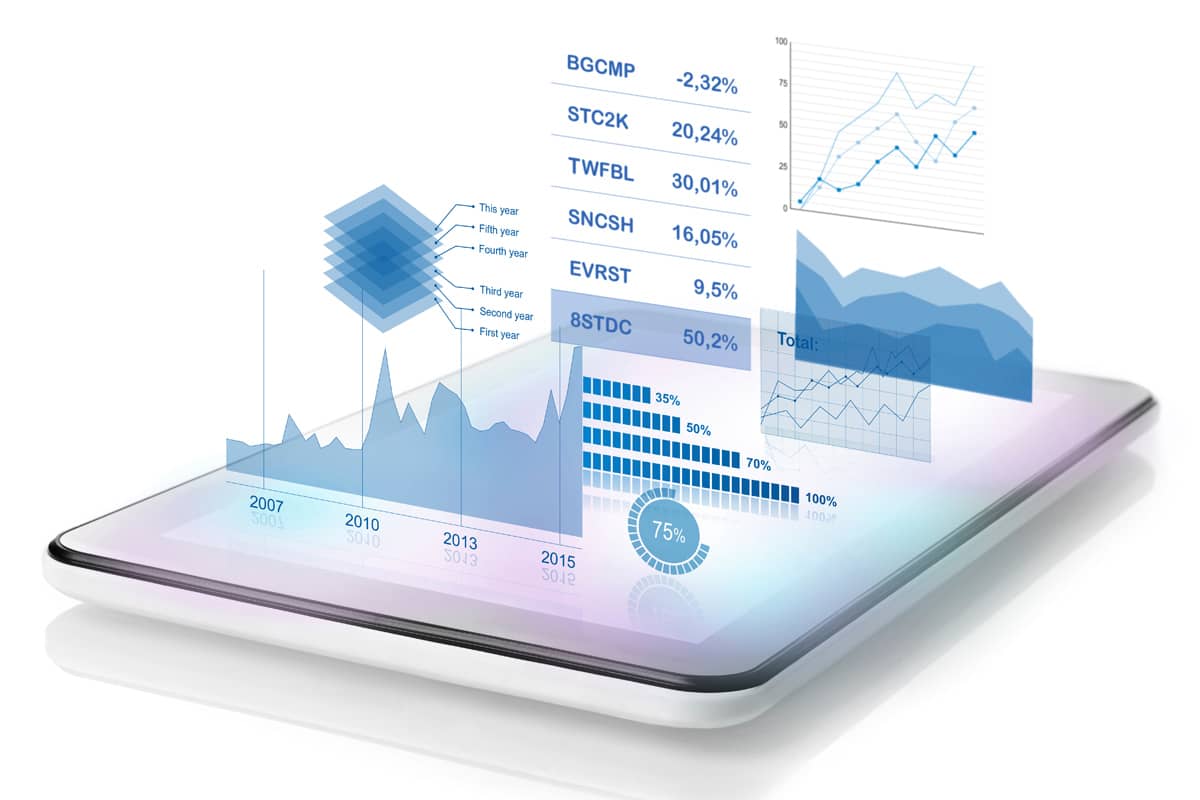Monetary analysts are also referred to as investment analysts, securities analysts, analysis analysts, and fairness analysts. Financial analysts study developments in corporations, funding merchandise and the financial system. Threat analysts examine the risks and uncertainties of investments and business to evaluate the risk in portfolio decisions, predict potential losses, and make investment suggestions to cut back potential losses.
The Bureau of Labor Statistics (BLS) expects employment of monetary analysts to increase by 20 percent between 2008 and 2018. Regularly underneath stress from deadlines, most analysts work full-time, and time beyond regulation is routine. This is the duty of monetary analysts, who are also referred to as equity analysts, investment analysts, securities analysts, or analysis analysts.

A monetary professional typically recommends to investors or employers whether or not to buy or promote a particular firm’s inventory based on his or her evaluation and judgment. Identifies monetary status by evaluating and analyzing actual results with plans and forecasts.
The Monetary Industry Regulatory Authority (FINRA) is the main licensing group for the securities trade. Monetary managers and personal finance advisors are two different careers that additionally require a bachelor’s diploma. There are two main classifications for monetary analysts: buy aspect analysts, who develop funding-shopping for methods, and sell facet analysts, who work with securities dealers that sell shares, bonds, and different investments.
This is accomplished by reviewing public records and filings, and analyzing monetary statements of businesses to determine their earnings, liquidity, incomes potential, and general financial power. A choose group of economic analysts also work with the information media to provide evaluation for television business news programs and with business publications like Bloomberg Businessweek, the New York Times, or the Wall Avenue Journal.


